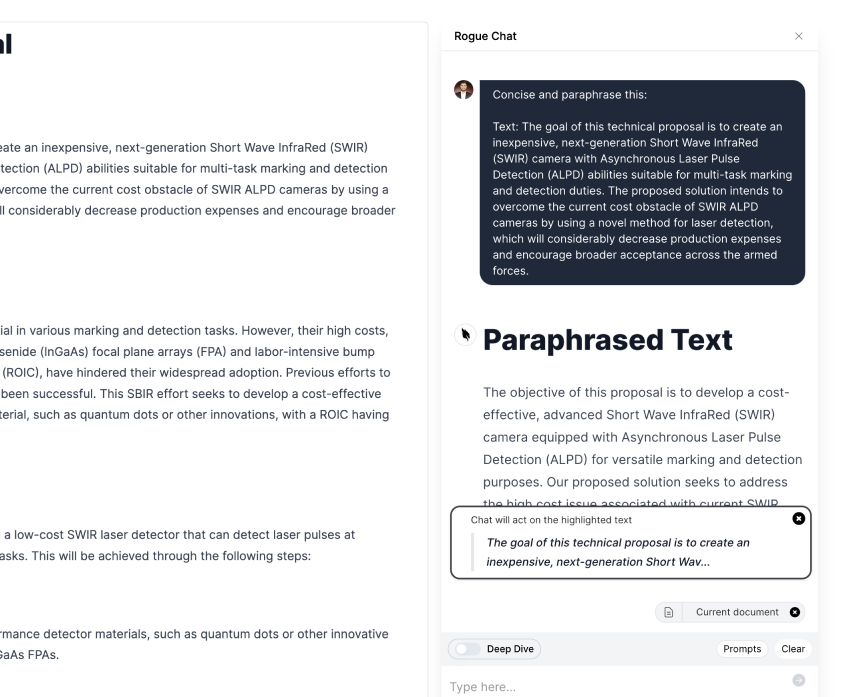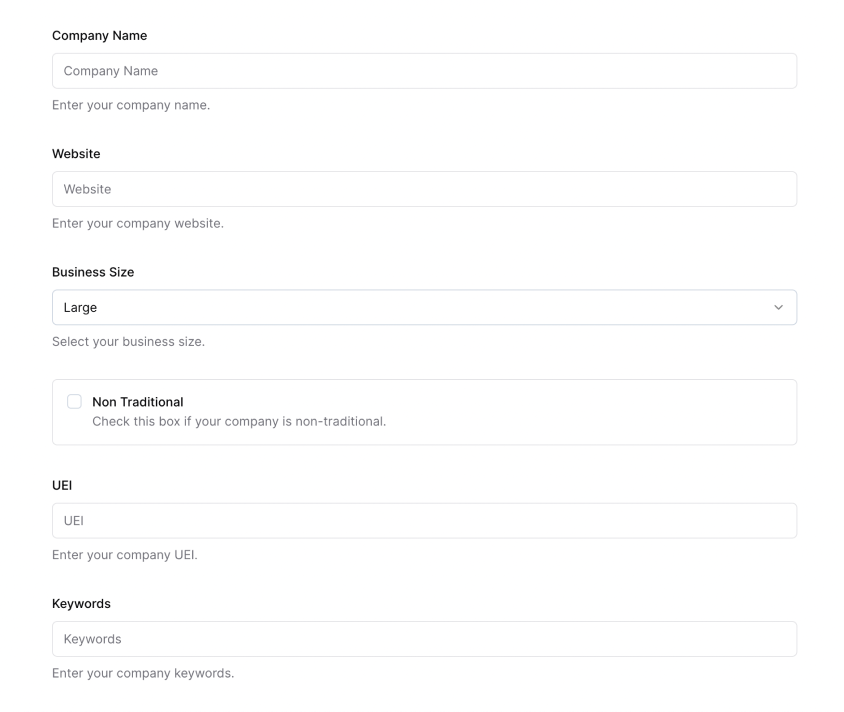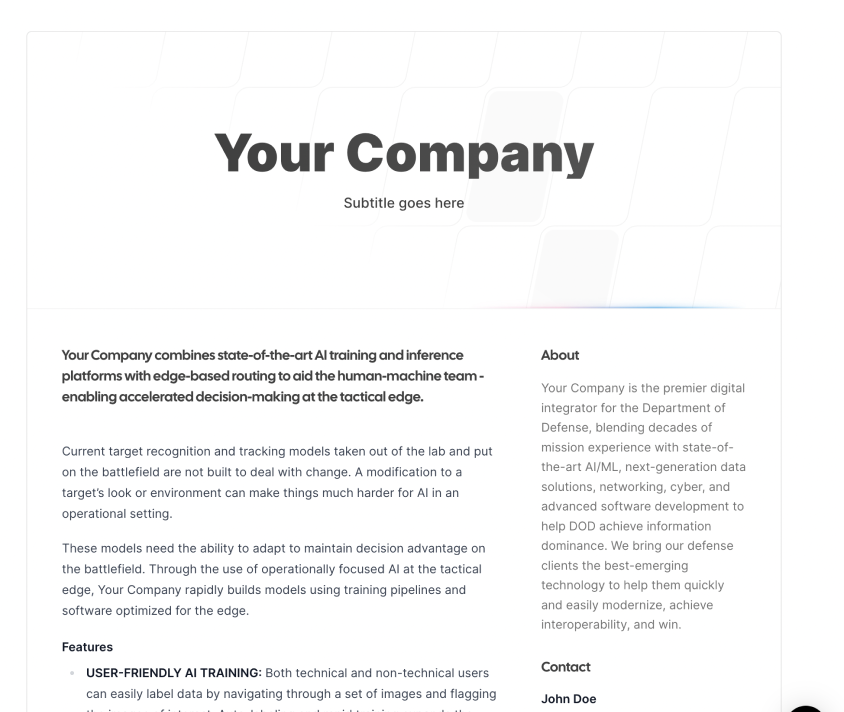
Stop it with the NicheGPT's
A chat interface for a niche GPT is feature, not a product.
Table of contents
Just Stop
Please tell me that we're nearing peak ChatGPT, my product hunt feed is getting clogged with <insert niche use case>GPT products like hair in a drain. The recent proliferation of niche reskins of ChatGPT for everything from buying a house to writing a contract proposal has become all too common in the world of artificial intelligence. Even Sam Altman, the CEO of OpenAI, has famously said that "ChatGPT is cool, but it's a terrible product" in part because "(users are) typing in something, they're trying until they get it right, and then they're copying that answer and going to paste it in somewhere else — and then going back and trying to integrate that with search results or their other workflows." The ease of building a chat interface, combined with its intuitive user experience, has contributed to the explosion of ChatGPT-based products.
The Explosion of Niche ChatGPTs
A ChatGPT clone is literally a weekend project that you can clone from open source. Even bolting on a database and doing something niche with it is trivial from a technical point of view, there's a GitHub repo for that too! So its no surprise that examples of nicheGPT's are popping up like weeds, from the mundane "chat with your PDF" of chatpdf.com to the hyper-niche platforms like AskSage.com. Turning a generative model into an overcomplicated ctrl+f function is just sad.
"But, this is a capitalist country" you say, and people seem to enjoy interacting with bots and making them perform tasks, "so what's the problem?" you ask.
Two, off the top of the head:
1. Prompt engineering
To make a ChatGPT useful, users need to provide context, persona, background, and tone for the AI model. This process can be incredibly time-consuming and inefficient. If one small aspect is off, users may need to start over entirely. To help with this issue, some companies provide example prompts – but this is essentially admitting that their platform doesn't actually solve the user problem.
2. Failing to solve a customer's problem
By relying on ChatGPT as a product, companies are avoiding the hard work of finding product-market fit and placing the burden of making their product fit on the customer. This is a terrible approach to product development, as it doesn't truly address the needs of the target audience, partly because they never picked one. Much like Wal-Mart, if you try to solve every problem, the best you can do is marginal or mediocre.
The Advantages of Focusing on a Problem and Specific Customer Base
Instead of trying to create a one-size-fits-all solution, companies should focus on a specific problem and target audience. By developing tailored solutions, they can create products that are as well-fitted as a suit from Davies & Son. This approach has several advantages:
1. Better understanding of customer needs
When focusing on a specific problem and target audience, businesses can develop a deeper understanding of their customers' needs. This allows them to create actual products, with workflows and user experiences, features and functions. Building an actual product that actually addresses a specific customer and their need, and implementing AI to do it better is what's called "added value", for which is what capitalists charge their customers. It's hard, and often met failure, but its honest. NicheGPT's are just riding a popularity bubble for a quick buck.
2. More efficient use of resources
Instead of spreading resources thin across multiple generic applications, companies can dedicate their time, money, and energy to solving a particular problem. This enables them to develop more sophisticated and specialized solutions that cater to their customers' unique requirements. This is what customers actually need, and where capital should be invested.
3. Greater potential for long-term success
By concentrating on a specific problem and target market, businesses increase their chances of surviving the ChatGPT bubble and staying successful over the long-term. They can develop a product that stands out in the market and delivers genuine value to customers, ultimately leading to increased loyalty and long-term growth. The moat around nicheGPTs is narrow and Microsoft will make 99% of them obsolete in the next 12 months.
Bottom Line
Do better. Companies should focus on integrating chat as a feature in AI products, rather than wasting time, money, and collective public attention span on their niche, marginal derivative of ChatGPT as a standalone product. By concentrating on a specific problem and target audience, they can create tailored solutions that truly satisfy a customers' needs, once they find one.
As a busy professional looking for an AI product to improve your workflow, it's essential to seek out solutions that have been developed with your specific challenges in mind. Don't settle for generic ChatGPT applications – instead, look for AI products that focus on solving real problems and providing genuine value to their users. By doing so, you'll be much more likely to find an AI solution that truly enhances your work experience and helps you achieve your goals.
Sign up for Rogue today!
Get started with Rogue and experience the best proposal writing tool in the industry.



